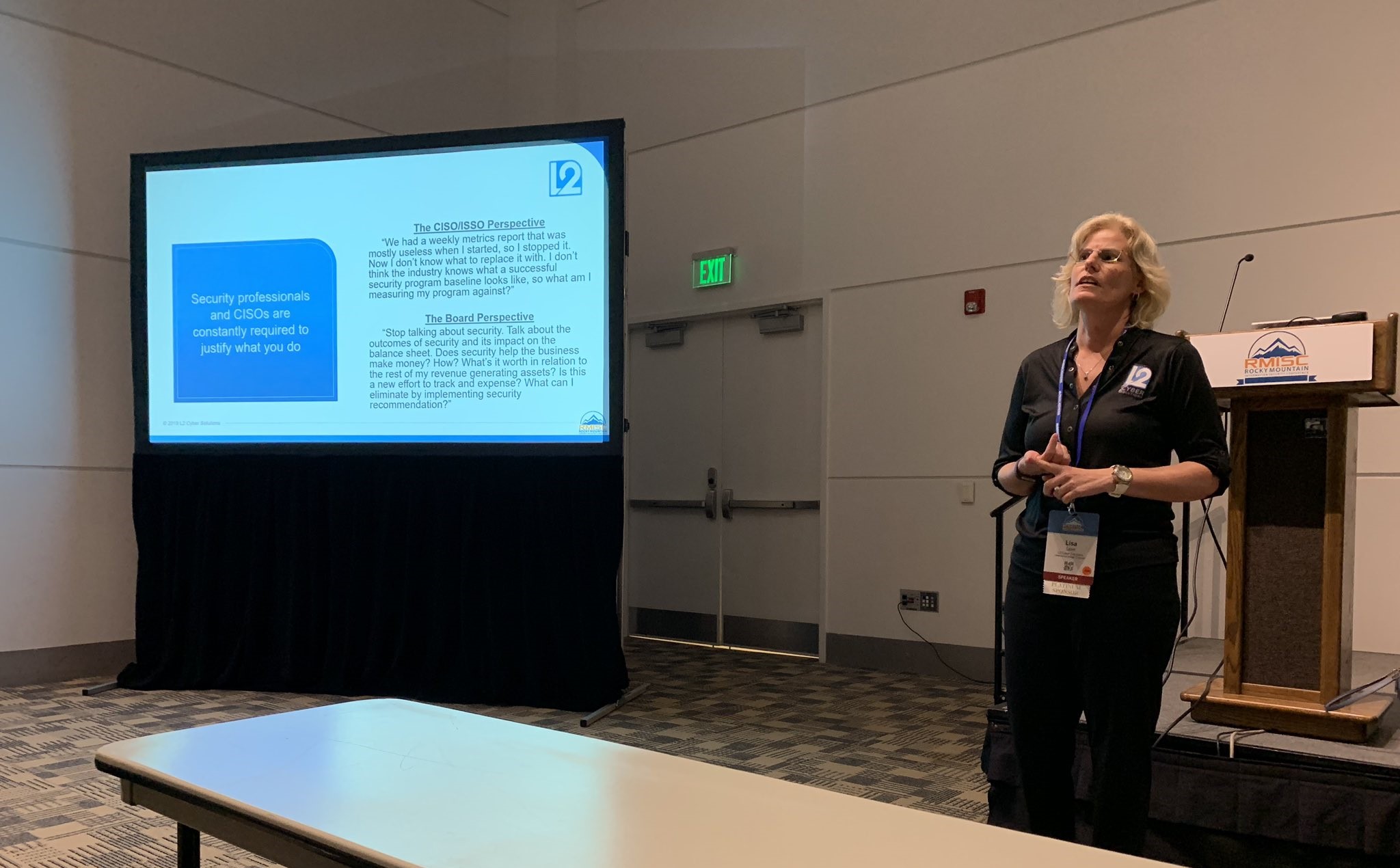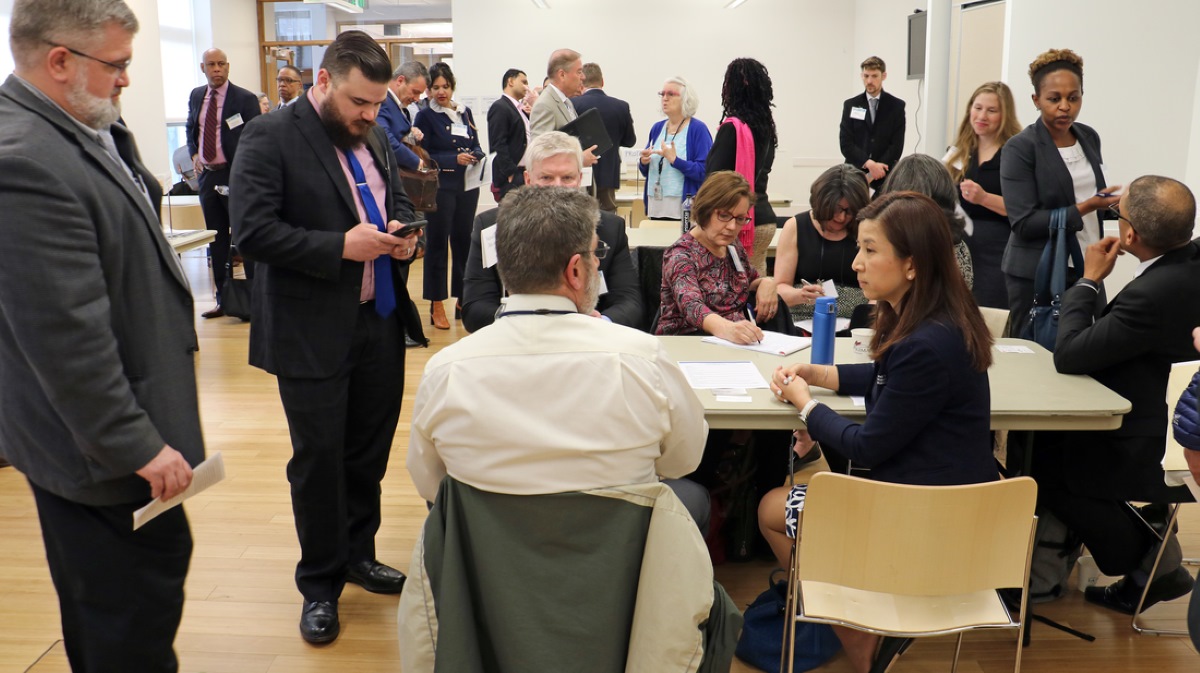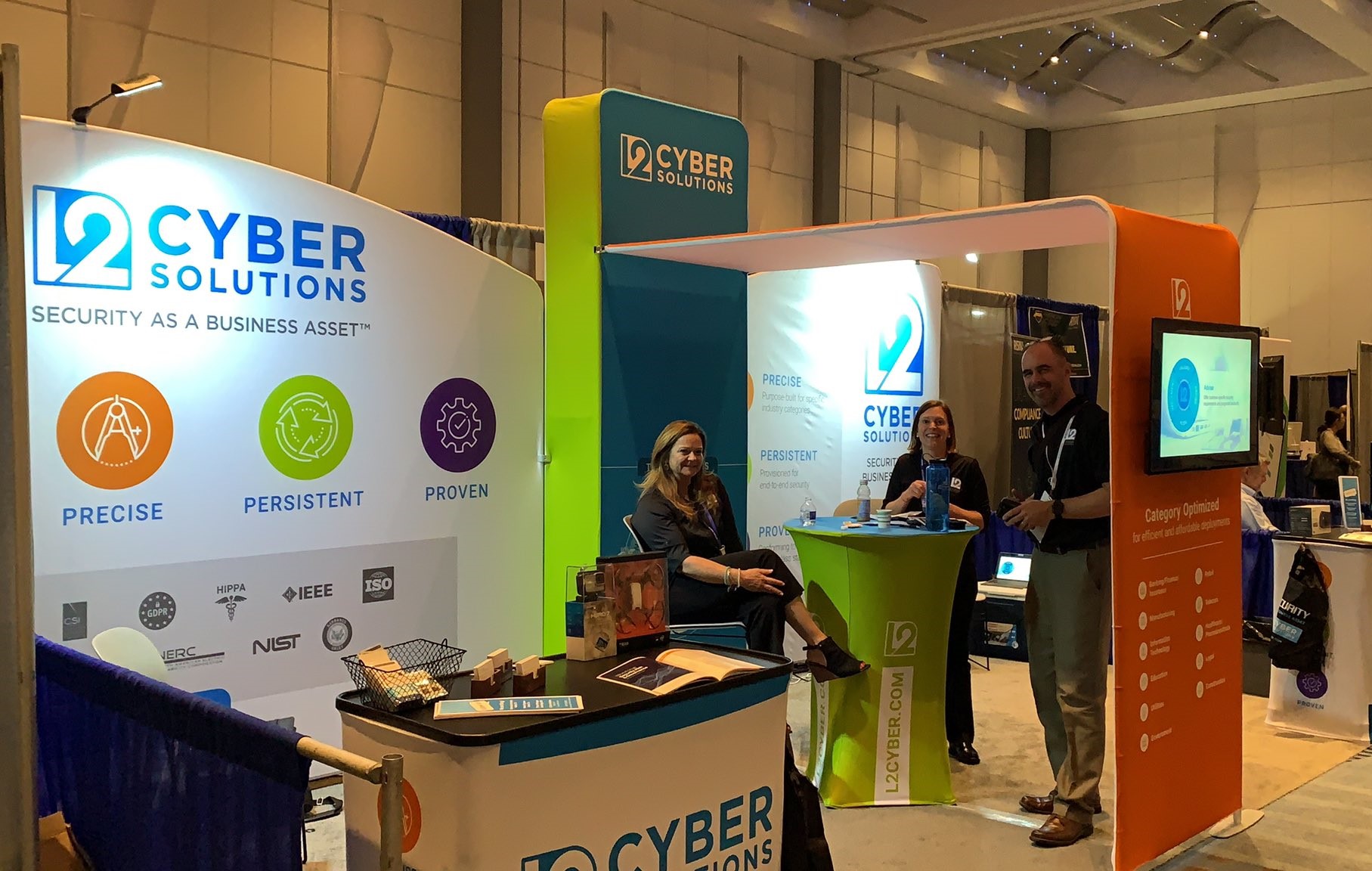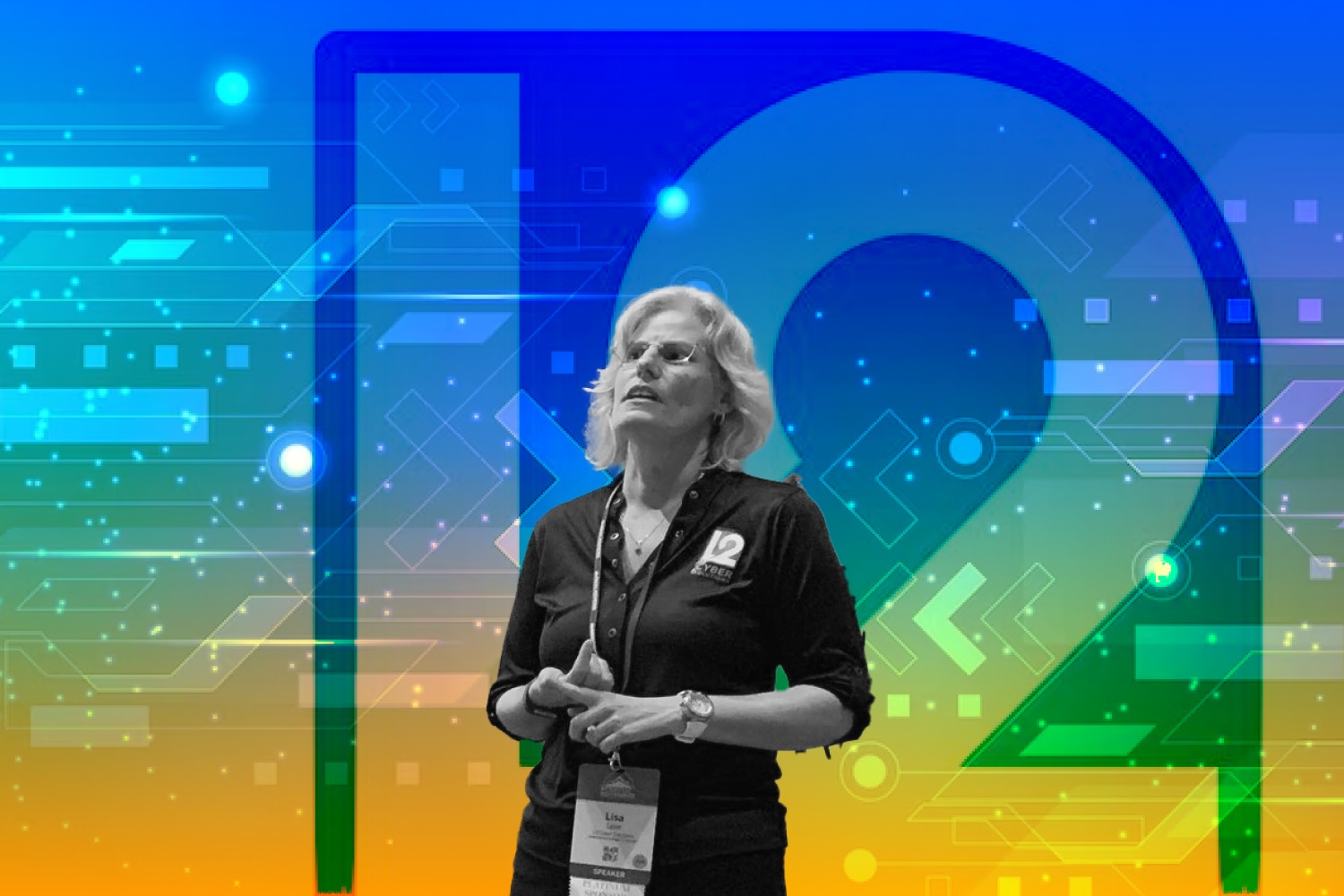Being a Subcontractor Can Build an Enormous Business Too
The prime contractor is directly responsible for the success or failure of a certain contract. So, as a prime contractor, you need to understand the risks associated with the contract type. The fact is that not everyone will be willing to take those risks, so where is another path for these people who want to be in a safer place. That can only be subcontracting.
A subcontractor is a type of contractor who works in a specialized area and could be a freelancer, independent contractor, or vendor. While the contractor maintains relationships with clients (e.g., corporations or the government), the subcontractor works with a contractor, providing their specialized skill set in exchange for a contractual fee.
In the early days of those who want to get their feet wet in the federal space, they often choose being a subcontractor for a while in order to gain experience and build past performance. After that phase, people usually take the leap to become the prime since there is more money there.
However, it doesn’t mean that using subcontracting almost exclusively can’t make an enormous business, Lisa Love and her company L2 Cyber Solutions is a typical example.
Lisa Love – From Clueless to a Real Troubleshooter
Lisa Love began her Air Force career in 1991 during the first Gulf War, driven by a desire to serve her country and pursue education and training opportunities. Stationed at Laurie Air Force Base until its closure in ’94, personal reasons prompted her exit from the military.
Transitioning to civilian life, she seized the chance to join the Air National Guard, supporting a space and missile warning mission for three years. Eventually, a co-worker informed Lisa that one of the contractors was hiring for a similar position, that’s why she decided to leave the federal service and go work for Raytheon.
When her contract was ending with Raytheon. They wanted her to do some follow-on work. She took it back to management. Unfortunately, it wasn’t a high enough dollar amount. To a large organization like Raytheon, they have to look at the cost of managing that contract and what they get out of it, according to Lisa Love.
Lisa had to go back to her customer to inform that her contract with Raytheon would end in a week. But the fascinating thing was that the customer invited Lisa to work for his company as either a federal employee or as an independent contractor.
“I had no idea of being a contractor receiving an option, especially after I was approaching my 10 years with Raytheon,” said L2 Cyber Solutions CEO.
After going home and having a conversation with her husband, Lisa went back to the customer to dig in many layers to understand the opportunity.

Lisa shared that, “We just sort of worked out the details. In June or spring of 2008 is when I formed my own company, left Raytheon, which is bittersweet, and started working for that customer. I’m still with that agency today that I started out with in 2008, which is NOAA.”
Within her 10 years at Raytheon, Lisa started out as an operator, doing a similar mission to what she did in the Air National Guard. Then, she went into test and engineering, and eventually cybersecurity which became the focus in her company L2 Cyber Solutions.
What Lisa enjoys about cybersecurity is its contrast to her previous work. Initially a test engineer focusing on specific product components, transitioning to cybersecurity allowed her to view systems from a security perspective. Unlike her previous role where tasks concluded upon product testing, cybersecurity presented an ongoing lifecycle of problem-solving, which she thoroughly enjoyed.
Besides cybersecurity, L3 Cyber Solutions also specializes in project management, and network architecture. They focus on providing tactical and strategic support to organizations in implementing their IT strategies, goals, and missions.
In late 2023, L3 Cyber Solutions had 12 employees and expects significant growth over the next decade, especially through prime contracts. Notably, they secured a 10-year, nearly billion-dollar contract with the Department of Commerce, and foresee growth opportunities within NOAA. With multiple ongoing projects and potential contracts, they aim to double or triple their staff within the next one to two years.
The Best Way to Sell to the Government? – Start with the Existing Clients
The easiest way to sell to the government is to start with an existing client, provide value consistently, and ask if they can help you connect with others who might benefit from your product or services. And in the case of Lisa, she became a contractor because of her relationship working with a government agency, and from the existing client, she was able to create more opportunities.
Lisa shared that, “Originally, it was definitely from a client. My client would talk to somebody else and say, ‘Hey, I need a cybersecurity person to help me close POEMS, or I need an auditor, or I need somebody to help implement ECMO or CDM or something.’ And everybody would say, ‘Oh yeah, I know Lisa.’”
As her company started growing and getting a reputation within NOAA, people started to come to them because they’ve been hearing about L2 Cyber Solutions from the other clients.
“So, all the work that we got, even today, is 90% of it word of mouth or referral,” said Lisa Love.
It has to be said that Lisa still go to certain companies that she knows to introduce her services to them. However, even working with new primes on new projects, Lisa has been fostering relationships with them way ahead of the collaborations.
Want to Get Informed? – Build a Rapport with Your Clients
In order to find a perfect match or find out about the opportunities, Lisa looks at all the vendors that have supported or want to support a specific agency, then branches out and tries to foster relationships.
Lisa mentions that some of her current partnerships with new prime contractors began with conversations initiated three years ago.
As expressed by Lisa, “I’ll sit there and I’ll talk to a company for three years, I’ll build a rapport with them, a relationship, until we find that perfect match, and in many cases, it’s taken three years. You know, we constantly share information back and forth, where, you know, kind of feeding off of each other, what works, what doesn’t work, and eventually, something will hit.”
And it’s also networking, according to Lisa Love, she suggests businesses to find people that share the same commons as yours, using resources such as PTAC, Small Business Administration, or going to conferences to see who’s in your space.
Conferences such as the Cyber Symposium and the Space Symposium provide businesses opportunities to connect with vendors and gain insights into industry trends and customer needs. Or the industry days, like those hosted by NOAA, where new contract vehicles are discussed, allowing vendors to network and explore potential collaborations.

Lisa is saying that when she looks at conferences attended by other agencies like the VA, the D.A, or the DoD, she checks who’s there and how her company’s skills match with the work she’s doing at NOAA.
NOAA covers a wide range of areas, from space to the ocean, including some classified work. By showing how her expertise in certain areas, she can explore opportunities to work with these agencies too.
Lisa noted that, “Try to find that right partner again that you can build that rapport over time and say, especially if it’s a larger company that needs to meet some small business qualifications and then I can say, ‘Well, you know, here we are, right? We can help support you in that effort.’”
A Method that There’s Less Risk – Subcontracting
One thing about Lisa Love is she’s using subcontracting almost exclusively. According to Lisa, there’s pros and cons of being a subcontractor. On the upsides, When taking on the project as a subcontractor, she doesn’t have the pressure of not having to manage that contract.
Lisa stated that, “For me, I’m risk-averse as far as how much debt I’m going to take on to grow because it does take money and funds to do that. I don’t have to.”
She continued, “I can control the growth by managing the teaming agreements, by saying if I get an opportunity, I can say, ‘Well, you know, we’re only capable or I’m only comfortable taking on a certain percentage of work or a certain number of FTEs,’ so that I don’t have to take out huge loans or go into debt to manage that work.”
This method also allows Lisa to make sure that her employees will always make payroll. Besides, since Lisa’s company doesn’t have a lot of overhead, being the sub helps them manage that overhead cost, but yet still grow and grow in a method that there’s less risk.
However, just as a prime, being a sub has its own downsides, The first thing is that you are at the behest of not only the customer but now you’re prime, as shared by Lisa Love.
At any point, the prime contractor can decide not to renew your contract, which might leave you without work. Also, when contracts come up for renewal, there’s no guarantee you’ll stay on the same team.
That’s why Lisa suggested that businesses have to always look and forecast several years in advance to how you’re going to manage that work and what are the strategies and get to know what the acquisition strategy is for both your prime and the customer so that you can manage your options.
This lead us to the next point of the importance of choosing a good prime to work with. And since Lisa has been diving deep into the federal space, we need to listen to her at this point.
How to Filter out a Perfect Prime to Work With?
According to L2 Cyber Solutions CEO, “Usually, it’s alignment of company values and mission. What is it that they want to obtain? What’s important to them as an organization? What’s their reputation within the community, not only within the agency that they’re working in, but just more widely? How do they treat their employees, those types of things.”
She added, “The other thing is looking at how transparent they are in their deals and how upfront they are when you’re first negotiating an opportunity. Are they right away willing to commit to teaming agreements and work share? If they’re humming and hawing, you know, I might be a little less hesitant to work with them.”
Plus, businesses also have to look at synergies where you have to make sure you’re not in direct competition with them because everybody does cybersecurity or everybody does project management or a couple of things that overlap with you. The key is making sure that you’re not seen as competition, that you won’t outshine them, but that you can help each other as somebody that has that true team mentality.
The size of a prime is also a thing to consider, according to Lisa Love, it depends on the opportunity being pursued. For instance, when targeting a large $200 million contract, a small business may not have the necessary resources or capacity to handle it effectively.
In contrast, a larger company might be better equipped with greater resources, a larger team, and stronger financial stability to pursue such opportunities and fulfill the contract requirements, including paying subcontractors.
Even you already have your prime, Lisa advises businesses not to put all of your work under one contract, one prime, “Don’t put all your eggs in one basket,” said the founder. Diversification is important, subcontractors should have more than one prime.

In another instance, despite having a good relationship with an organization for five years, verbal assurances didn’t protect her when it came to a re-compete. That’s why we need to get everything in writing to avoid misunderstandings and unexpected circumstances.
A Cup of Wisdom for Newcomers
Switching over as a contractor, Lisa Love had been being an “Army of One” for about a year which led her to the first lesson on the road of federal contracting.
Don’t be an Army of One – Trust People
Lisa was an “Army of One” for about a year. She kept taking on more and more work, and the CEO realized that she couldn’t do it all by herself.
Lisa said, “I was doing pretty much everything. Not only the client work but the back-office work. So, after a year, I decided, ‘Well, I’m going to hire another engineer.’ I got funding from that for the customer, added them onto my subcontracts, and then I also hired a full-time office admin assistant to help me with all the other back-office administration work.”
This is why when it comes to advising the other people, Lisa highlights the importance of trusting people, she said, “Don’t try to do everything yourself, you’ll make mistakes, you’ll, it’s just too much work, and you’ll miss something for sure.”
When you do hire support staff, it’s hard to give up trust, but Lisa stresses that as long as you have those checks and balances to make sure that they’re doing what they’re supposed to do, you don’t have to micromanage.
“In other words, you have to let, you have to trust them to do what they’re going to do, let them make the decisions, and I think sometimes that’s the hardest thing. I struggled with that for probably the first 10 years,” said Lisa Love.
Benefits for Employees Are Important
One thing Lisa did learn that she brought with her when she worked at Raytheon that the company had great benefits. When Lisa started my company, even though it was just her at first, she organized it as if it had all the benefits of a big company like Raytheon. As L2 Cyber Solutions grew, they could offer those benefits to new employees.
And it’s true, L2 has a fantastic benefits program from the start, which drew in great talent. That’s why many talented people enjoy working with Lisa.
Don’t Go Lower in Price
L2 Cyber Solutions is currently subcontracting, they are always on the lookout for opportunities to become prime contractors. However, they are very selective in their approach and don’t pursue every opportunity that comes their way.
They carefully evaluate factors such as customer knowledge, past performance, dollar value, and response time before deciding to bid on a contract. Lisa says that her company has passed on many opportunities, often because they are outpriced or do not align with her standards of quality and reputation.
“We end up passing on a lot of opportunities. A lot of people just outprice us. They’re just low value for us. And that’s the other thing is, I could probably win the work if I do a lower price, but to me, my reputation, the quality of work that I have is important. So, I’m not willing to go lower in price,” said the founder of L2 Cyber Solutions.









